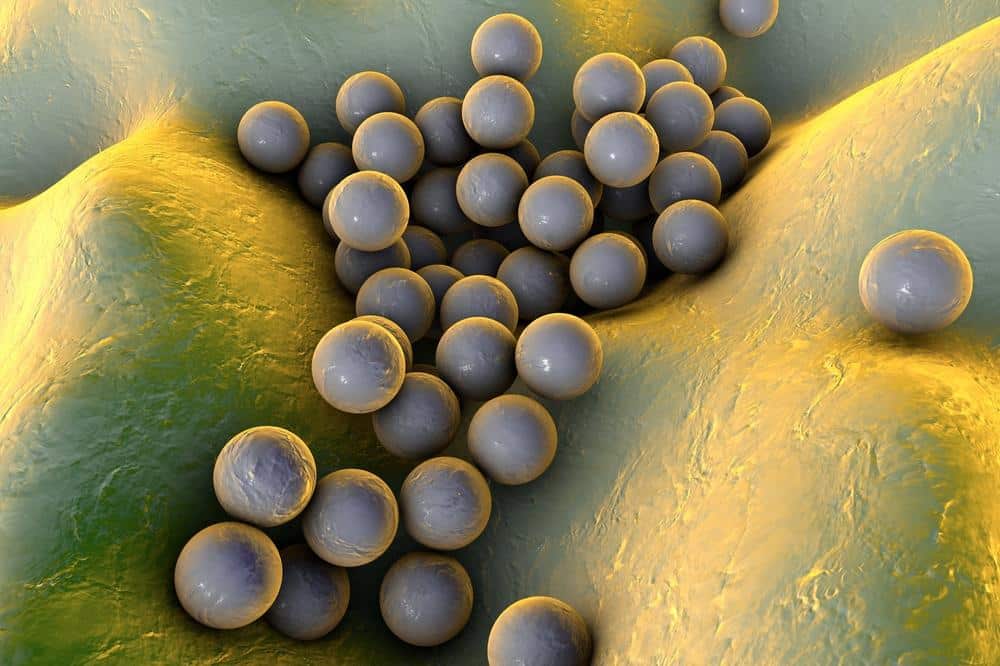Antibiotics Use and Its Influence on Cancer Treatment
In recent years the combined use of chemotherapy and immunotherapy, collectively termed chemoimmunotherapy, has emerged as a promising treatment option for patients with cancer.
Antibiotics are commonly used to reduce infection-related complications in patients undergoing chemotherapy. Intriguingly, accumulating evidence has implicated gut microbiota as a critical determinant of host antitumor immune responses, raising the question as to whether the use of broad-spectrum antibiotics would invariably diminish tumor response to chemoimmunotherapies.
Now, in one of the first evidences, we have scientists at the at Augusta University finding that the impact of antibiotics on cancer therapies is mixed. Infections are typically the biggest complication of chemotherapy, and antibiotics are commonly prescribed to prevent and treat them.
“We give a lot of medications to prevent infections,” says Dr. Locke Bryan, hematologist/oncologist at the Georgia Cancer Center and MCG. “White blood cell counts can go so low that you have no defense against bacteria, and that overwhelming infection can be lethal.”
In this high-stakes arena, where chemotherapy is increasingly packaged with newer immunotherapies, Dr. Gang Zhou, immunologist at the Georgia Cancer Center and the Department of Biochemistry and Molecular Biology at the Medical College of Georgia at Augusta University, who led the study, says
they have more evidence that antibiotics’ impact on the microbiota can mean that T cells, key players of the immune response, are less effective and some therapies might be too.They report that antibiotic use appears to have a mixed impact on an emerging immunotherapy called adoptive T-cell therapy, in which a patient’s T cells are altered in a variety of ways to better fight cancer.
In the study, the researchers found adoptive T-cell transfer was less effective in combination with cyclophosphamide in mice with colorectal cancer when the animals were also given antibiotics.
Even long-term antibiotic use does not seem to hinder the efficacy of CAR T-cell therapy against systemic lymphoma in their animal model. While they could see the impact of antibiotics on the microbiota, mice with CAR T-cell therapy continued to respond well to cancer treatment. The investigators noted that antibiotic use also depressed the efficacy of cyclophosphamide when used as monotherapy.
Mice with colorectal cancers that did not receive antibiotics were cured after being treated with the chemotherapy CTX followed by CD4+T-cell therapy. However, with antibiotics on board, this curative effect was lost in three out of five mice three weeks after treatment. Their studies also confirmed that antibiotic use impacts the efficacy of the widely used CTX, when it’s used alone, in this case to treat B-cell lymphoma. In addition to directly killing rapidly dividing cancer cells, CTX gets the attention and help of endogenous T cells, and antibiotics reduced that T-cell response, the scientists report.
“It is clear in animal models that if you wipe out the intestinal microbiota, like you do with antibiotics, it will attenuate the chemotherapy efficacy,” says Zhou. “There is also emerging clinical evidence showing that for CTX-based chemotherapy, some patients who also get antibiotics for a longer period of time, seem to have less optimal outcomes.”






























